Clean Energy Group
This issue brief provides recommendations and guidance on incentive rate-setting for states seeking to develop distributed (behind-the-meter) energy storage incentive programs. It is intended to help states decide how to structure incentive programs and how to set incentive rates.
This document seeks to provide a roadmap of the key steps to receive direct pay reimbursement for the ITC and an easy way to track progress through those steps to ensure no deadlines are missed.
This Direct Pay Fact Sheet details which types of tax-exempt entities are eligible to receive direct pay, outlines the process to receive direct pay, and introduces additional resources.
Clean Energy Group submitted comments to the Massachusetts Department of Energy Resources on DOER’s Solar Massachusetts Renewable Target (SMART) Program.
Clean Energy Group submitted comments to the Massachusetts Department of Energy Resources on DOER’s December 2023 report, “Charging Forward: Energy Storage Toward a Net Zero Commonwealth.”
This report aims to give policymakers and advocates the information they need to encourage the inclusion of distributed storage policy in the state’s carbon reduction plans.
The hype around using green or blue hydrogen as a decarbonization tool overlooks the fact that all hydrogen use can significantly increase global warming. How hydrogen is produced can have significant climate impacts.
The hype around clean hydrogen as a decarbonization tool overlooks the fact that all hydrogen significantly increases global warming if it leaks into the atmosphere, and its use with natural gas does not substantively reduce greenhouse gas emissions.
This report outlines the impacts of CEG’s 2022 grantmaking through the Technical Assistance Fund and the Resilient Power Leadership Initiative. The report covers the programs’ projects, partnerships, and lessons learned.





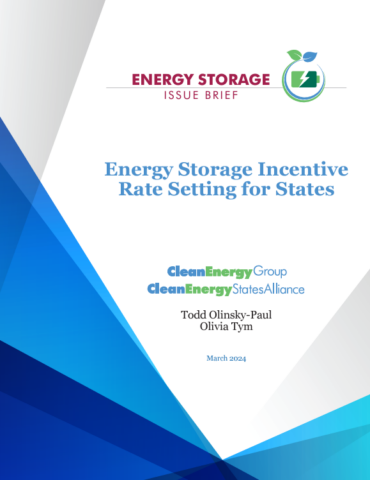
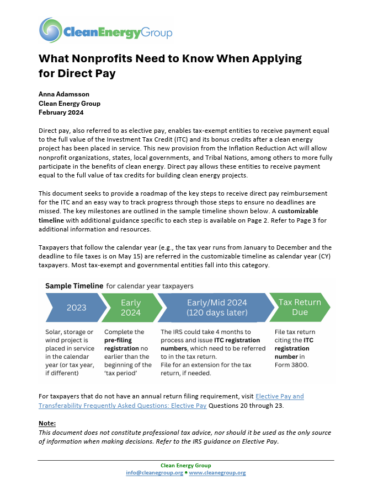

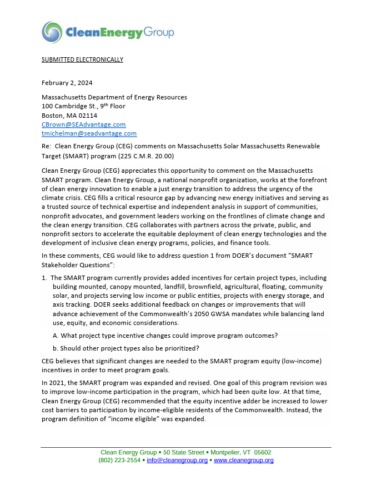
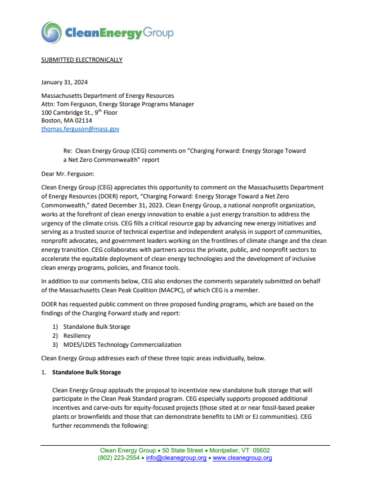
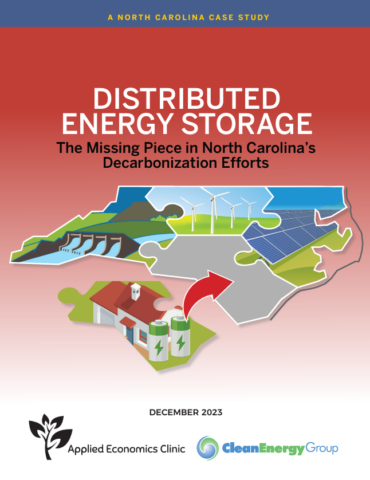

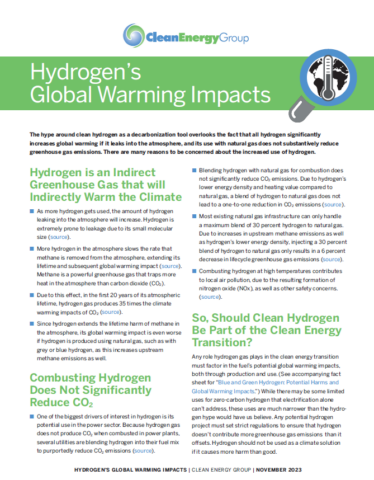

Clean Energy Group Comments on IRS Proposed 45V Tax Credit for Clean Hydrogen Production
Clean Energy Group submitted comments to the IRS regarding Proposed Rule Section 45V Credit for Production of Clean Hydrogen.